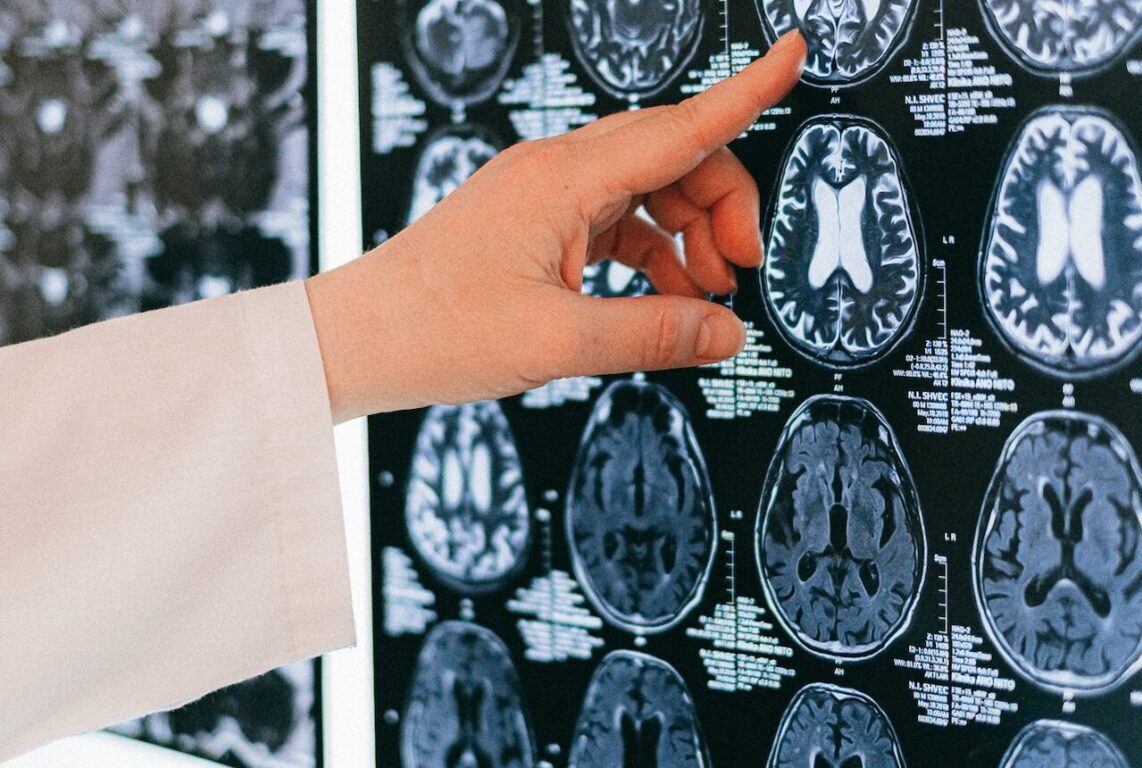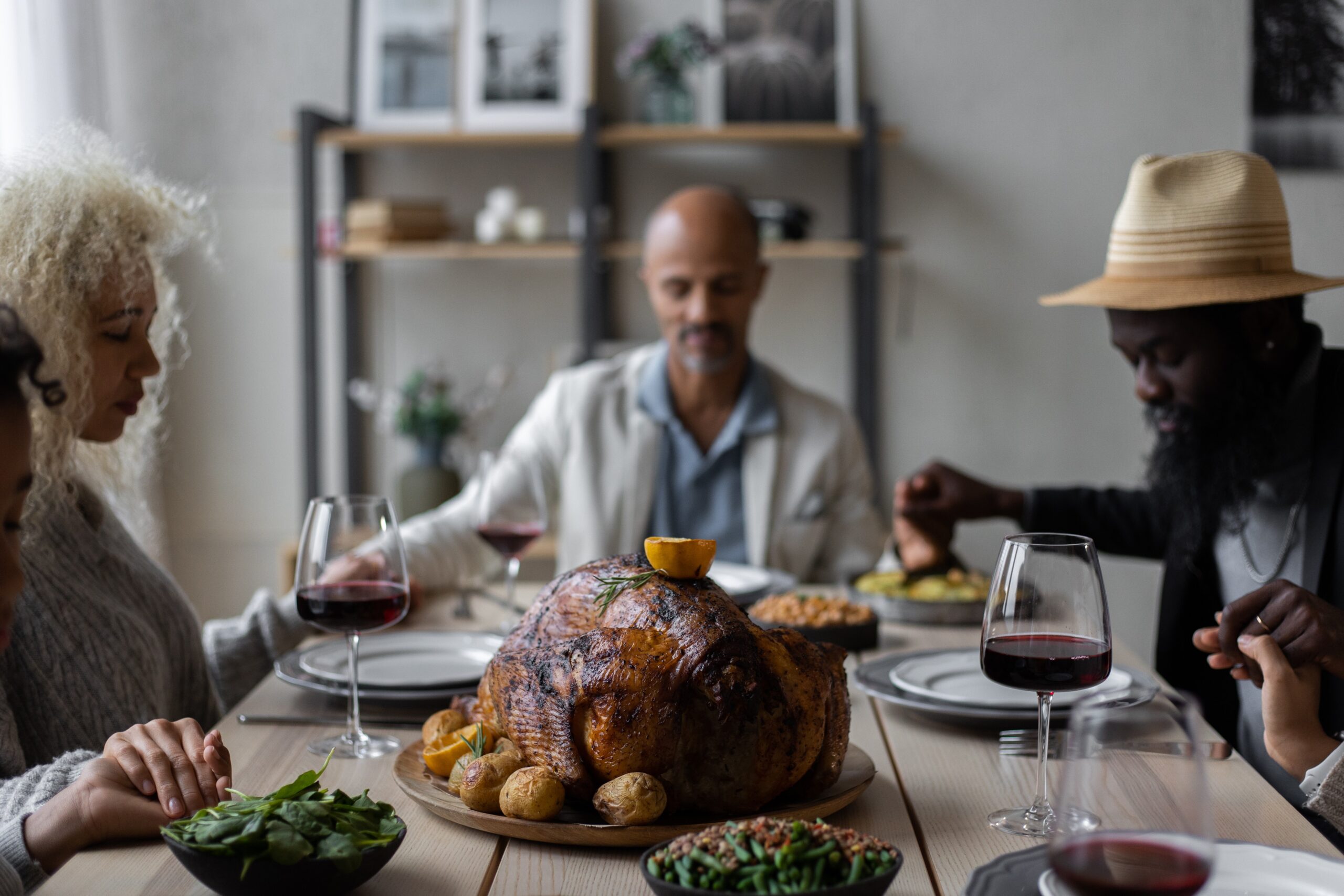RESOURCES
OUR CONTRIBUTORS



Dow Stick is a freelance health writer and nurse practitioner in Western North Carolina. She earned a Bachelor of Science degree in Biology from the University of Mary Washington and a Master of Science degree in Nursing from East Tennessee State University. Her experience as an advanced practice nurse includes adult primary care, hospice and palliative care, chronic disease management, and addiction medicine. Her interests are in the health and wellness of older adults as well as the advocacy and support of those living with dementia, especially her own 95-year-old grandmother.

Courtney Battaglia is a registered nurse with a bachelor’s degree from the University of Texas at Arlington. She has over 12 years of experience working directly with patients, many of whom experienced the effects of Alzheimer’s and dementia. Courtney is dedicated to providing resources for families and patients who are experiencing this diagnosis and continues to advocate daily for this population.

Susan Kitchen, MPH, RD, CSSD, LD/N, is a Sports Certified Registered Dietitian, USA Triathlon and Ironman Certified Coach, accomplished endurance athlete, and published author. She is the owner of Race Smart, a performance nutrition and coaching company that works with athletes across the globe as they strive toward optimal health, fitness, and performance.
Our Resources

Self-Care for Spouses Caring for a Partner with Alzheimer’s Disease
A caregiver can be anyone who helps an individual with various tasks of daily living, transportation to and from health appointments, and assisting someone with financial decisions.
While the most common type of caregiver people think about are paid healthcare professionals, friends, family members, and spouses can also be caregivers.
Being a caregiver for your spouse with Alzheimer’s disease can feel like the most appropriate decision and the only one you can think of because who can take better care of your partner than you?

Alzheimer’s Dementia: Early Signs and Screening
There is no single test that identifies Alzheimer’s disease, therefore delays in diagnosis often occur. This is problematic because Alzheimer’s is typically an extended illness, and the burden on families, caregivers, and the healthcare system is considerable. Shortening the time between disease onset and confirmation of the condition can ease the impact on a family’s resources.

Tips for Coping with Sundowning
When you hear the term sundowning, you often understand what it means as caregivers almost everywhere use it. You’ve heard about the person with dementia becoming increasingly confused as the day comes to an end with noticeable behavioral changes, including increased agitation and yelling.

Primary Care for Alzheimer’s Disease
The most common type of dementia is Alzheimer’s disease and about 1 in 9 adults over aged 65 have the condition. The greatest risk factor for developing Alzheimer’s is advancing age. This means that the older a person is, the more likely it is to occur.

What To Eat During a Ride
Whether you are a competitive cyclist or enjoy exploring on two wheels, proper sports hydration and fueling play an essential role in performance, recovery, and overall well-being. But, if we asked 100 cyclists what to eat and drink during a ride, we might get 100 different answers. And not that there are any wrong answers since we have different preferences and needs. So, although sports nutrition and hydration are not one size fits all – there are general guidelines to consider when formulating a sports plan that meets your body’s needs.

Effective Communication: How To Talk With a Person Who Has Alzheimer’s
Communication is an essential tool everyone uses. Once we lose that seemingly small ability, it is not uncommon to find frustration filling its void. Communicating is vital for maintaining meaningful social interactions and meeting the needs of yourself and others. There are various forms of communication, such as verbal communication, body language, and even written communication.

Have a Merry, Bright & Simple Holiday
Gathering at the end of the year to celebrate special occasions and holidays is precious time with loved ones. When someone you care about or care for has Alzheimer’s disease, these times can also be stressful. Alzheimer’s is not uncommon, with one in nine older adults over age 65 living with this form of dementia. The fact that someone is cognitively impaired should not be a barrier to including them or their caregivers in holiday plans.

Gift Giving to Those with Dementia
The holidays are right around the corner. What do you get mom who is living with dementia? Or perhaps grandpa, sister, or the resident you adopted?
The Dementia Connection Model© is a cognitive-behavioral framework that takes into account how the person living with dementia is progressing through their disease, focusing on what we know works well with advancing dementia – sensory stimulation. When a person with dementia is stimulated using their senses, that information is processed either directly or indirectly in the limbic system of their brain that houses the amygdala (feelings) and hippocampus (memories). When positive sensory-based engagement strategies are used, this can ignite positive feelings and memories, promoting productive behavioral expressions and connections (Stelter, 2021). And when the caregiver is the one providing these positive experiences, the person with dementia will either connect or re-connect with them because they like how they feel with that person.

“I am Thankful for…” from the Eyes of Those Living with Dementia
Wouldn’t it be amazing if those living with dementia could just articulate what they are thankful for or what makes them happy and calm?… Well, they don’t need to. We need to…meaning, we need to be able to use our eyes and ears and deductive reasoning to try to understand what the person is experiencing. We have to adjust, not them. When we adjust, then they can live in their new world, free from negativity, judgments and controls.

In Their World at Halloween Time
Halloween can be a fun time of year for children and teenagers to dress up as their favorite characters, attend parties, go trick or treating, and eat lots of candy. Heck, even adults may partake as well. However, for those with progressing dementia, Halloween time can be quite scary, increasing unproductive and negative behavioral expressions. […]
